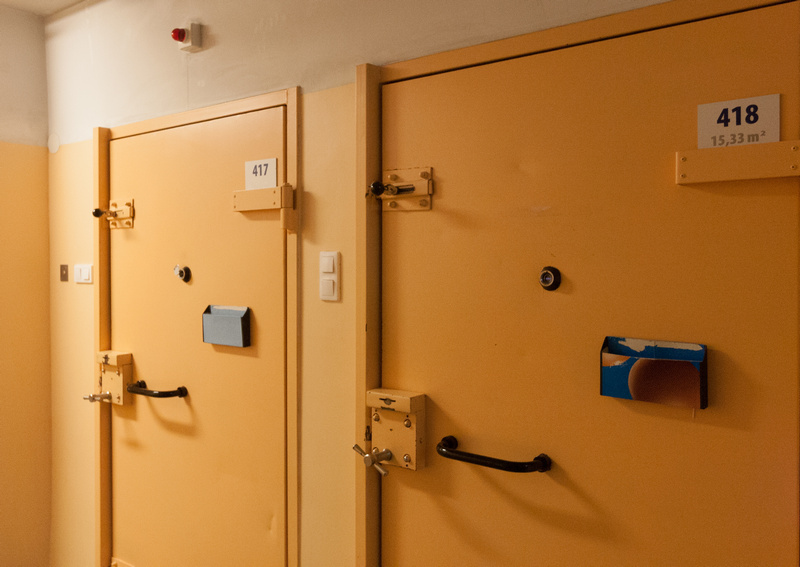Astrophysicist’s Chilling Prediction: Galactic War Awaits As Billions Of Humans Will Colonize Space
Astrophysicist Adam Frank shared a bold vision of humanity’s future in space during his recent conversation with Lex Fridman, predicting that millions—possibly billions—of humans will one day inhabit the galaxy. This rapid expansion, he warns, will inevitably spark interplanetary conflict across the solar system.
LEX FRIDMAN: Do you think if humans colonize Mars, the dynamic between the civilization on Earth and Mars will be fundamentally different than the dynamic between individual nations on Earth right now? Like, that’s a thing to load into the simulation we’re talking about.
ADAM FRANK: If we settle Mars, it will very quickly want to become its own nation.
LEX FRIDMAN: Well, no, there’s already going to be nations on Mars—that’s guaranteed. Once you have a million people, there’s going to be two tribes and then they’re going to start fighting. Right? And the question is interplanetary fighting—how quickly does that happen and does it have a different nature to it because of the distances?
ADAM FRANK: Are you a fan of The Expanse? Have you watched The Expanse? Great show. Because it’s all about the—I highly recommend it to everybody. It’s based on a series of books that are excellent. It’s on Prime, six seasons, and it’s basically about the settled solar system. It takes place about 300 years from now, and the entire solar system is settled. And it is the best show about interplanetary politics. The first season, actually, Foreign Affairs said the best show on TV about politics that takes place is interplanetary.
I think human beings being human beings, yes, there will be warfare and there will be conflict. And I don’t think it’ll be necessarily all that different, you know, because really I think within a few hundred years we will have lots of people in the solar system, and it doesn’t even have to be on Mars. We did a paper where we looked—based on CU, I wanted to know about whether an idea in The Expanse was really possible. In The Expanse, the asteroid belt, what they’ve done is they’ve colonized the asteroid belt by hollowing out the asteroids and spinning them up and living on the inside because they have the Coriolis force.
And I thought, like, wow, what a cool idea, and when I ran the blog for NPR, I actually talked to the guys and said, 'Did you guys calculate this, see whether it’s possible?’ Sadly, it’s not possible. The rock is just not strong enough. If you tried to spin it up to the speeds you need to get one-third gravity, which is, I think, the minimum you need for human beings, the rock would just fall apart, it would break.
But we came up with another idea, which was that if you take small asteroids, put a giant bag around them, a nanofiber bag, and spin those up, it would inflate the bag, and then even a small, couple-of-kilometer-wide asteroid would expand out to—you could get like a Manhattan’s worth of material inside. So forget about even colonizing Mars—space stations, right? Or space habitats with millions of people in them. So anyway, the point is that I think, you know, within a few hundred years, it is not unimaginable that there will be millions, if not billions, of people living in the solar system.
LEX FRIDMAN: And you think most of them will be in space habitats versus on Mars and on the planetary surface?
ADAM FRANK: It’s a lot easier on some, on some level, right? It depends on how, like, with nanofabrication and such. But, you know, getting down a gravity well is hard, right? So, you know, there’s a certain way in which it’s a lot easier to build real estate out of the asteroids. But we’ll probably do both. I mean, I think what’ll happen is, you know, the next—should we make it through climate change and nuclear war and all the other things, and AI—the next thousand years of human history is the solar system, right?
I think we’ll settle every nook and cranny we possibly can, and it’s, you know, it’s a beautiful—what I love about what’s hopeful about it is this idea you’re going to have all of these pockets, and, you know, I’m sure there’s going to be a Mormon space habitat. Like, you know, there’s going to be whatever you want, a Libertarian space habitat. Everybody’s going to be able to kind of create their—there’ll be lots of experiments in human flourishing, and those kinds of experiments will be really useful for us to sort of figure out better ways for us to interact and have maximum flourishing, maximum wellness, maximum democracy, maximum freedom.
Tyler Durden
Tue, 12/31/2024 – 17:00

















